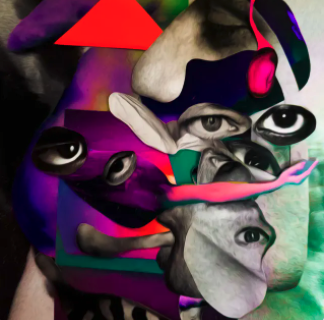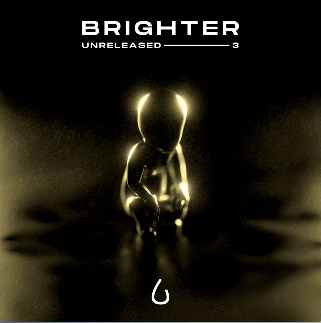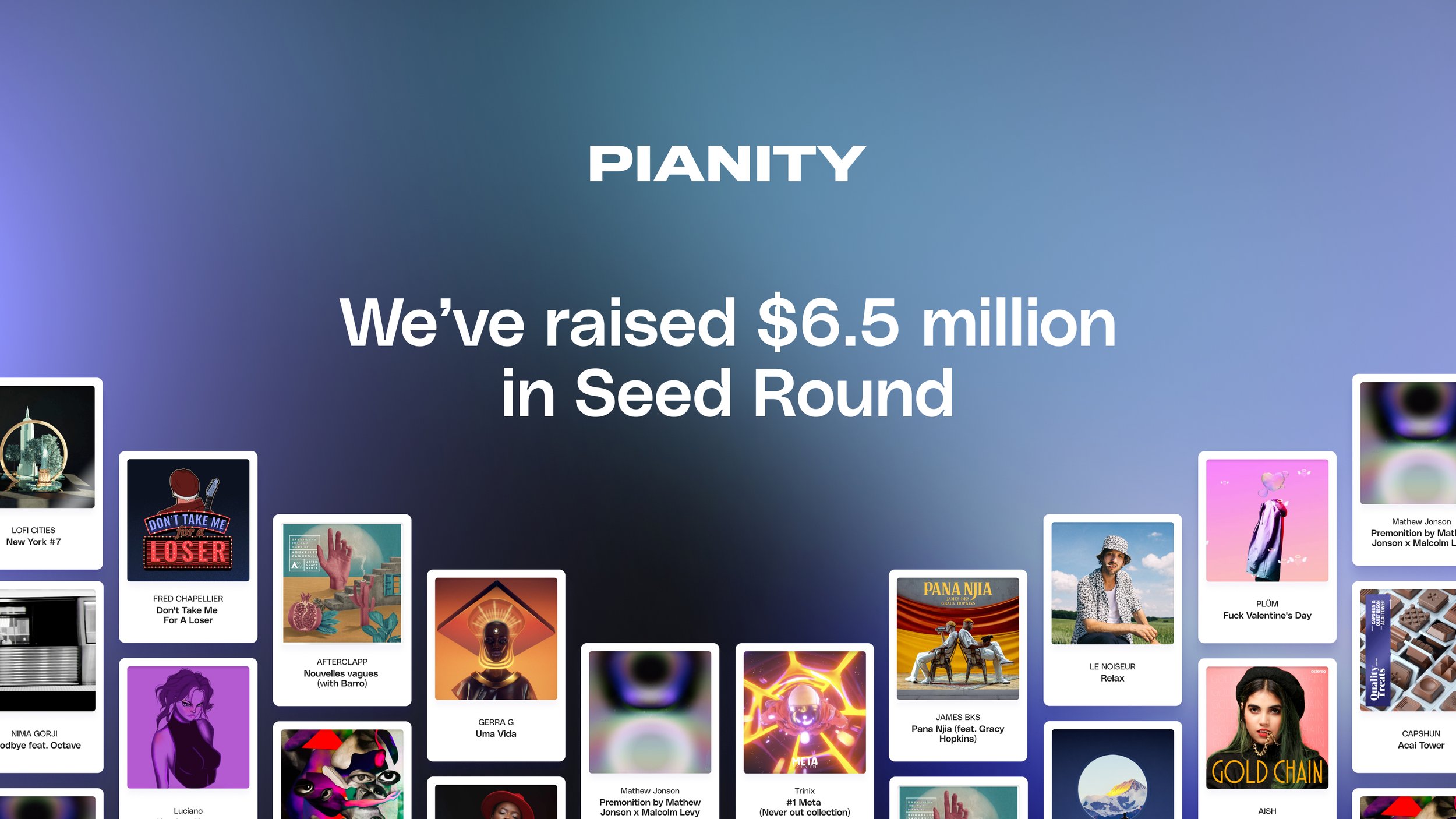PIANITY: MUSIC NFT PLATFORM GIVING MONEY BACK TO THE ARTIST
MARCH 30TH, 2022
NFTs are a game-changer for the music industry and the NFT music platform Pianity is hoping to lead that charge. Pianity not only enables artists and fans to create, collect, and trade unique digital artwork — it has also just secured $6.5 million in seed-round venture financing.
Here’s a wake-up call: Despite the fact that top musicians are among the world’s wealthiest people, the cash stream doesn’t come from the music itself. The grand irony: Musicians don’t make a lot of money from the actual music.
Want a sad statistic? While streaming became the top source of revenue for recorded music, 90% of artists on Spotify earn less than $1000 a year.
Pianity is saying the revolution needs to be televised (or blockchained). The NFT music marketplace allows artists to sell their tracks as limited editions and connect with their fans, bringing a new way to monetize and create value from music.
Launched in 2021, Pianity is among the first NFT platforms – and now has 20,000 users. Based in Paris, Pianity boasts the laurels of having sold roughly 11,000 NFTs - with artists collectively earning over $1.9M from NFT sales.
“NFTs open up great opportunities for all artists because they are transforming the music industry business model,” says Kevin Primicerio, CEO and co-founder of Pianity. “With NFTs, artists can monetize their music like never before, which is something they couldn’t do with traditional streaming platforms. We’re excited about this funding round because it enables us to move forward in transforming the business model for online music.”
According to Primicerio, the idea for Pianity first came from the desire to upload his tracks on the blockchain to protect them.
“We wanted to solve the artist revenue issue, intensified by the pandemic,” he says, “Because most of the artists don’t earn money on streaming platforms and the pandemic made it impossible for them to do shows. We looked at NFTs to bring a new way to monetize music.”
Primicerio’s team found the quandary: Although artists needed a new source of income, fans and collectors had no way to directly support musicians; there’s no direct monetization channel between artists and fans. Thus, artists became dependent on intermediaries; they needed to publish and monetize their music on the terms dictated by streaming platforms.




“NFTs have the power to change that, to allow fans and collectors to directly support their favorite artists in a completely transparent way,” Primicerio says. “It allows you to truly own a song, to build a music collection like we used to with vinyl.”
And most importantly: “Most of the revenue captured goes directly to the artist.”
So, how does a music NFT increase in value?
“Like in fine arts the more an artwork is replicated, the more value the original has,” says Primicerio. An example: “The Mona Lisa carries a lot of value because it has a lot of copies in museums, books, T-shirts, it’s widely known and seen.”
Thus, if a music NFT has a lot of copies, it has a lot of streams - or is heard on TV, radio, movies, ads, etc.
“All that value comes back to the NFT itself,” Primicerio explains.
The value of an NFT is also tied to an artist’s success; the more famous the artist becomes – the increase in value of previous NFTs. On Pianity, each time an NFT is sold again, the artist receives 8% of the transaction.
Primicerio sees music NFTs as the next step for musicians to connect to their fanbase and deepen the relationship between artists and fans. An exciting utility aspect; think of the NFT as a membership card to the artist’s club. It can potentially give fans access to a private message group, exclusive events, and future releases.
“All these utilities add value to the NFT and make it more tangible,” says Primicerio.
“I think NFTs will be the next standard for music, just like mp3 was in the 2000s,” he adds. “Streaming solved the issue of illegal downloading and access to music, but not the artists’ revenue, so I think it was just a transition to something new.”
Music NFTs also solve the issue of royalties.
“To increase the value of NFTs, some platforms offer fans a cut from royalty revenues through NFTs, but, we don’t believe that this is a great value proposition for artists and their fans,” says Primicerio. “Making fans believe that they will receive earnings by owning 0.05% of the royalties of a song is misleading.”
“We’re still at a very early stage of Web3 and digital collectibles,” Primicerio concludes. “NFTs will gain popularity as we’re transitioning to the internet of ownership.”

